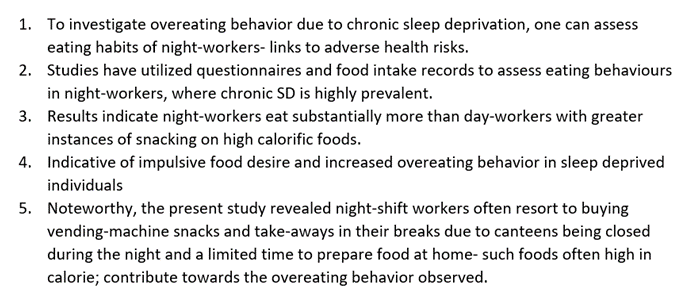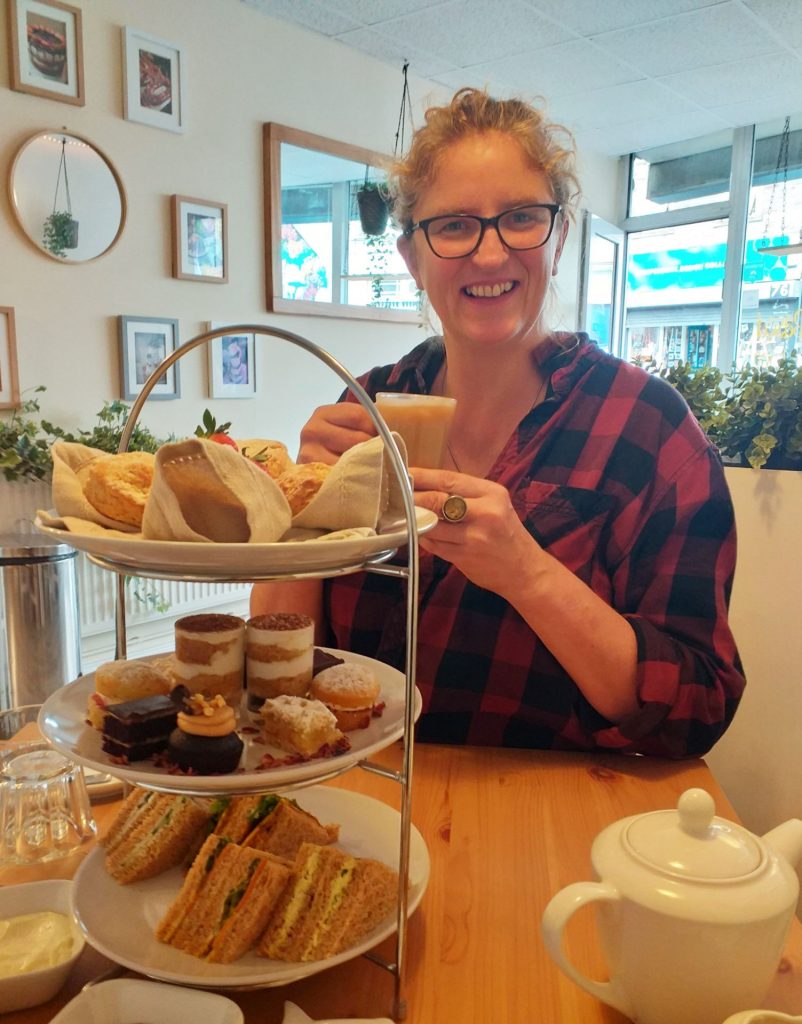 by Asda Napawan, Mechanical and Electrical Engineering student and Bristol Futures Advocate
by Asda Napawan, Mechanical and Electrical Engineering student and Bristol Futures Advocate
Managing and balancing work-life time as an engineering student is a difficult task due to the nature of the degree. To manage my time effectively, I use all of the following methods:
1. Rough Schedule
Plan a rough schedule for the week or month, only including meetings, classes and solid plans as unforeseen events may arise as time progress.
2. Detailed schedule
Plan a detailed schedule for the next day, including a list of tasks to be completed (e.g., asynchronous content, homework, and coursework)
3. Target setting
Set a target for the day and take as much time as needed to be completed. As engineering work can be time-consuming, and sometimes takes longer than anticipated, setting time for each individual task can be difficult.
4. Time blocking
Schedule specific time slot for each task. Estimate how long it will take for each task and try to do it in one goal.
5. Prioritising
Identify the most important tasks and focus on them first.
6. 5-minutes tasks
Do quick, 5-minutes task straight away to prevent forgetting about them and to clear them from your to-do list.
7. Pomodoro method
Focus for 25 minutes and then take a 5-minutes break. Repeat the process until that work is finished or reached the target set.
8. Tools
Tools such as Google calendar could be used to keep track of tasks, mark them as completed, and monitor the progress. The tool is convenient because it can be accessed on multiple devices and syncs across platforms.
By implementing these time management tools and strategies, I can prioritise tasks, create structure in my day, and make the most of my time to achieve the goals. What time management strategies have you found to be the most effective for your studies or work, and how have they helped you to achieved your goals?

 by Steph Hook, French and Spanish student and Bristol Futures Advocate
by Steph Hook, French and Spanish student and Bristol Futures Advocate by Breanna Goff, Psychology student and Bristol Futures Advocate
by Breanna Goff, Psychology student and Bristol Futures Advocate

